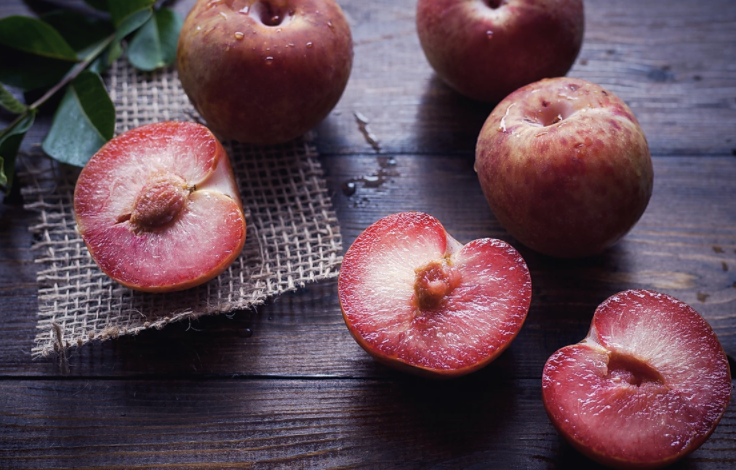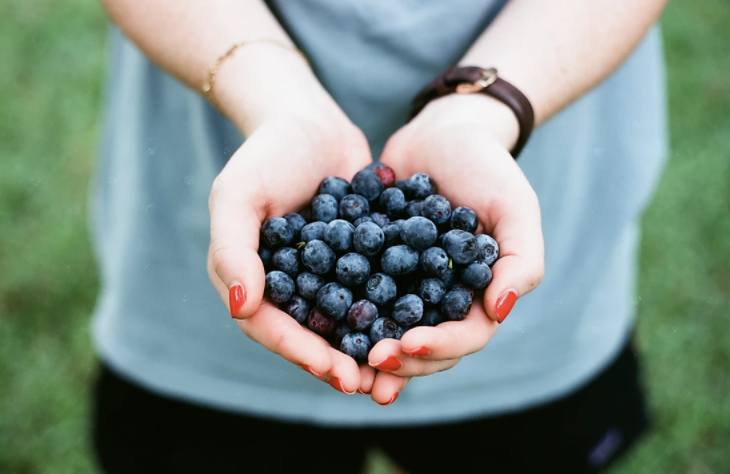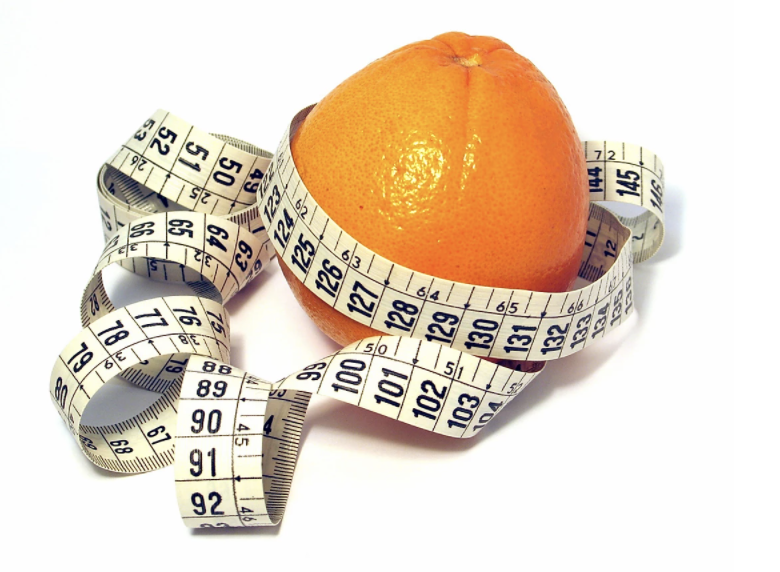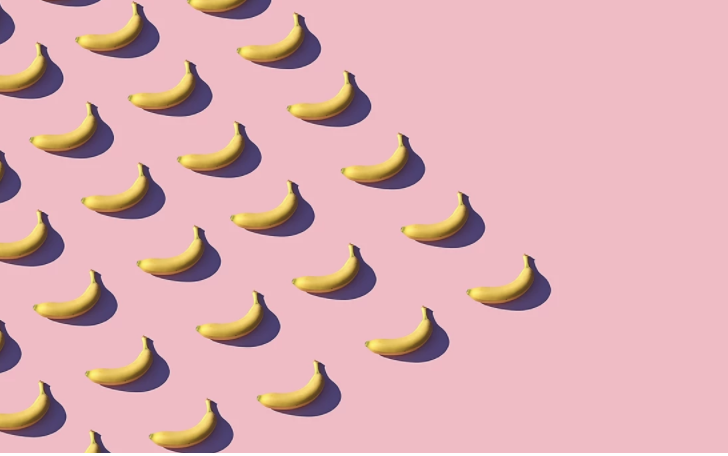
In our last article, we discussed the ketogenic diet Worst Case Scenario.
Not everyone feels that poorly on Keto. But many people do, including this girl. The lure of easy weight loss comes at a price. It always does. Remember our guideline- a lower carbohydrate diet is an extremely effective tool to manage health for a short period of time. That period of time is different for everyone. In some cases, like my own, it can be months. In other cases, it can be years.
Eliminating truly healthy foods, like fruit and many vegetables, can take a long term toll on the body. Why do you ask? Well, let’s find out.
Are you familiar with the term “oxidative stress”? Oxidative stress refers to the work of “free radicals”, or “reactive oxygen species” (ROS). ROS form any time our body metabolizes food- in short, each time we eat. These chemically reactive molecules contain oxygen and are fairly unstable. To generate energy or ATP, the mitochondria in each one of our body’s cells must metabolize this oxygen. As a result of these metabolic processes, a normal amount of inflammation occurs in the body, causing cellular damage.
Inflammation. The dreaded buzzword for all chronic diseases. If eating anything- even healthy food- generates a level of inflammation in the body, how do we counteract that inflammation?
Enter antioxidants. “Anti” meaning, “against, opposing”. And an “oxidant” is a combination of any element with oxygen. So an antioxidant counters the inflammatory work of oxidation. Vegetables contain antioxidants, surely. And if you are eating a vegetable-heavy diet, good for you! But might you be missing a piece of your health puzzle?
Like it or not, glucose is the preferred source of fuel for the body on a cellular level, especially the brain. The liver and muscles will pull glucose out of the body to store as glycogen. When energy is low or stress is high, the body releases some of these glycogen stores back into the bloodstream as glucose. Have you ever felt a bone-weariness on a low carb diet? Your body’s HPA axis is releasing hormones to find stored glycogen. What if there is no glycogen to find? Naps are in order!
And now, to add insult to injury, the body senses internal stress and instead releases cortisol to manage said stress. Cortisol is our “catabolic” hormone- it breaks things down. If there is no sugar to be found for a preferred energy source, the circulating cortisol attempts to pull a fuel source from other areas of the body by breaking that tissue down- muscle, bone, skin, organs. The liver needs glucose to function and will find it somewhere. At the beginning of a very low carb diet, the body will break down fat stores to burn for energy. But after a while, the body will begin to break down muscle for energy. Are you not as toned as you once were on a ketogenic diet?
Does this constant release of cortisol create more oxidative stress on the body? You betcha. But what if you don’t have enough antioxidant activity to deal with the oxidative load your diet is placing on the body?
You may begin to break down, slowly but surely. The cascade of events was detailed in our last blog post. Now you know the science behind what may be happening to your body, currently or in the future.
But wait. There is a very easy fix to this problem.
Add a bit of fruit.
To be clear, I am in no way against a lower carbohydrate diet. I myself eat maybe 100-150 grams a day. That is a relatively low amount, especially in the USA. Processed, sugary, dead foods containing lots of carbohydrates are unequivocally deleterious for long term health. I ask my clients to follow a plan similar to this- some eat more, some eat less. If you possess a broken metabolism, you may need more nourishing carbohydrates to heal. So we add a bit more fruit. There is sugar in fruit, to be sure. But fruit has a fairly even balance of fructose to glucose. The high fiber content of fruit slows down its glycemic response in the body.
But a little bit of fruit sugar does more than just taste good. It slowly releases glucose into the body, to be picked up by the liver and carried to the blood and muscles, where it patiently waits to do its job- give you energy, patience, and a sex drive.
Every single body is different. The Lord made sure of it. Maybe your body is asking for a few more carbohydrates in the form of delicious, juicy, antioxidant-rich fruit? Maybe it is asking for less fast food and more carrots? I don’t know for sure. But I don’t think you can go wrong there. Says the Carrot Queen.
Is will simply adding fruit fix a malnourished, tired metabolism? Probably not. But it is a very simple way to start feeling a bit more energized. Try it and see.
The most fun fruits to eat:

Berries.
One cup of blueberries has 21 grams of carbohydrates and 4 grams of fiber. At only 84 calories per serving, I recommend berries at every meal to my clients. They are a great way to finish breakfast, lunch, or dinner.

Oranges.
Many people with thyroid dysfunction and wonky metabolism have a hard time with grapefruit. But citrus has a compound called “limonene”, a super-potent antioxidant. Eating a whole orange is a megadose of bioavailable Vitamin C.

Bananas.
Yipes. This one is high in sugar, right? Well, compared to other fruit, yes. But bananas are also magical unicorns. A whole banana has about 160 calories and 45 grams of carbohydrate. But hidden in that banana is 5 grams of fiber. It only has a glycemic load of 18. I use bananas with clients and children to facilitate sleep. They contain potassium and magnesium and are nourishing bedtime food. Like we are all little children again, munching on a banana before tucking into a nice, warm bed. Try it, you may sleep better tonight.
But please don’t stop there. Go crazy with your fruit selection. Try one new variety this week. I have been stalking my local Sam’s Club for their seasonal white kiwi. Mmmm.
As a note, please don’t eat a ton of fruit all at once, all by itself. My clients eat a reasonable amount of fruit at the end of a meal, once a good amount of protein and fat are already being broken down in the digestive process, causing a nice little metabolic hum. Fruit all by itself will spike blood sugar and give you a headache. And the munchies. No Bueno.
Happy Friday,
Jennifer






